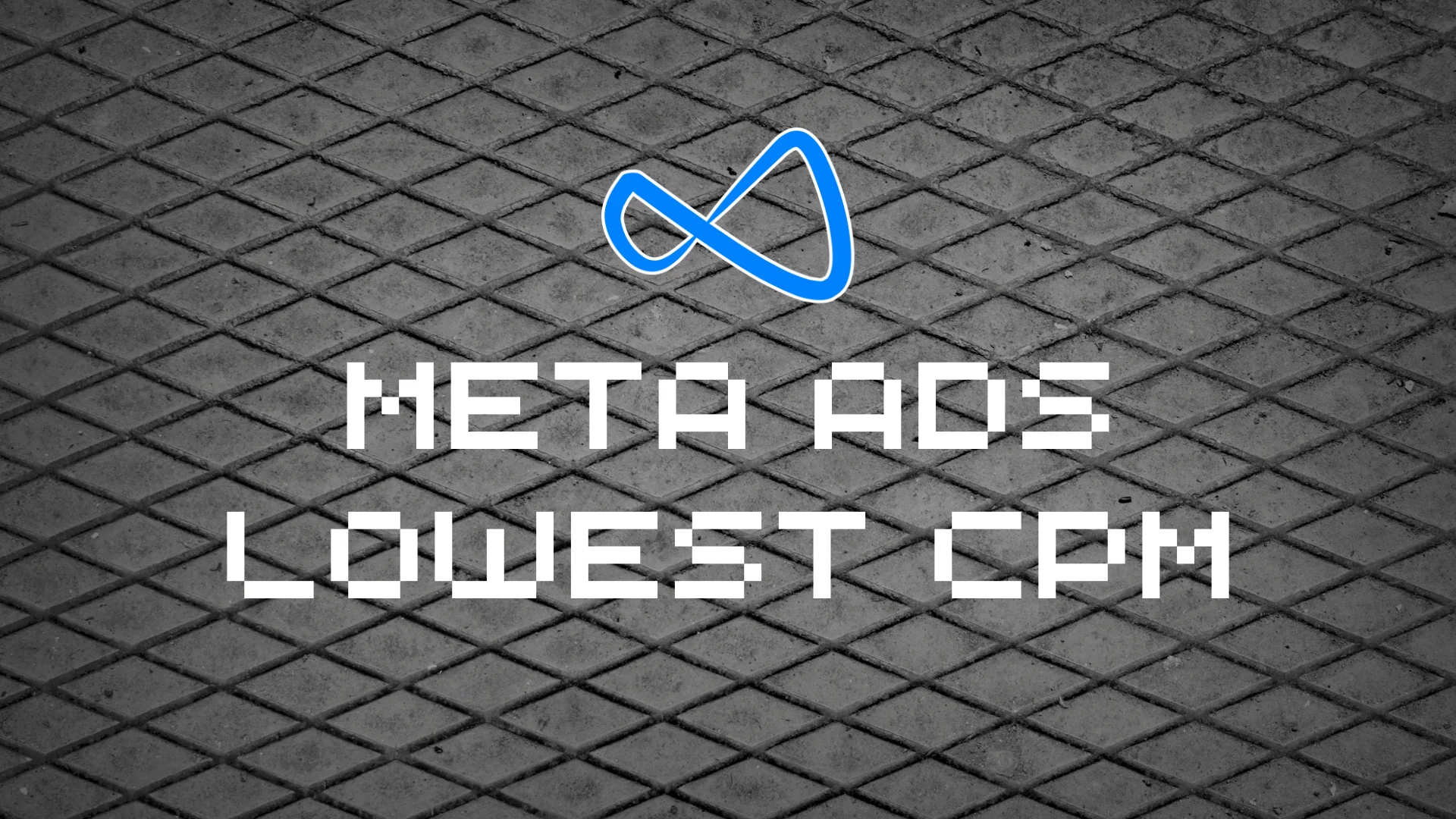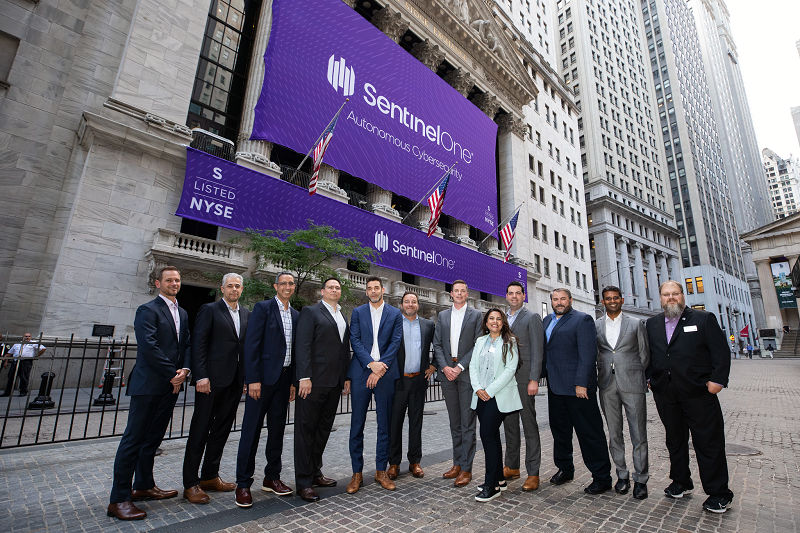Your lack of social media guidelines could discourage employees from becoming brand advocates and even applicants from joining your company. I speak from personal experience. When I first joined LinkedIn, my profile said I worked for a “Bay area Fortune 500 financial services company” instead of noting its name and linking to the company page. Soon, many of my colleagues’ profiles said the same thing. You see, our organization was trying to figure out its social media policies within the confines of a highly regulated industry. It blocked access to any website with a social component — including YouTube. When employees were asked about using social media on their own time and devices, the company’s initial guidance was they didn’t want them using social media at all. Well, that wasn’t going to happen. Instead, thanks to lengthy conversations with my legal and compliance colleagues, I hit upon a solution: I scrubbed any mention of my employer in all my public profiles.
Why employee social advocacy matters
Why do employee brand advocates matter? Because people are increasingly wary and distrustful of brand and government claims and prefer input from their peers. The Edelman Trust Barometer underscored this message. In its 2024 iteration, it found people were concerned that the media (64%) and business leaders (61%) are purposely trying to mislead people by saying things they know are false or gross exaggerations. This shift in trust becomes a competitive advantage for brands that cultivate thousands of eager brand ambassadors, but this requires documented employee social media guidelines to not only allow your team members to thrive on social but to protect your brand from legal risks.
Take a responsible approach to workplace social media policies
Whether you like it or not, employees will talk about your company on social media, and it’s their federally protected right to do so. Many businesses react with fear and develop extensive restrictions around what employees can or cannot say online in their company social media guidelines. They require employees to agree to a list of don’ts and end the conversation. However, innovative companies increasingly prioritize employee advocacy, seeing both employee retention and bottom-line advantages. A recent case study showed tech leader Salesforce activated about a third of its 73,000-person employee base as brand advocates, resulting in a 2,000% ROI on its social ambassador program. Social media guidelines for employees serve as guardrails for online activity and show employees you want them to be engaged online, helping to build on your company’s social media success.
… (remaining content continues)
Source link























